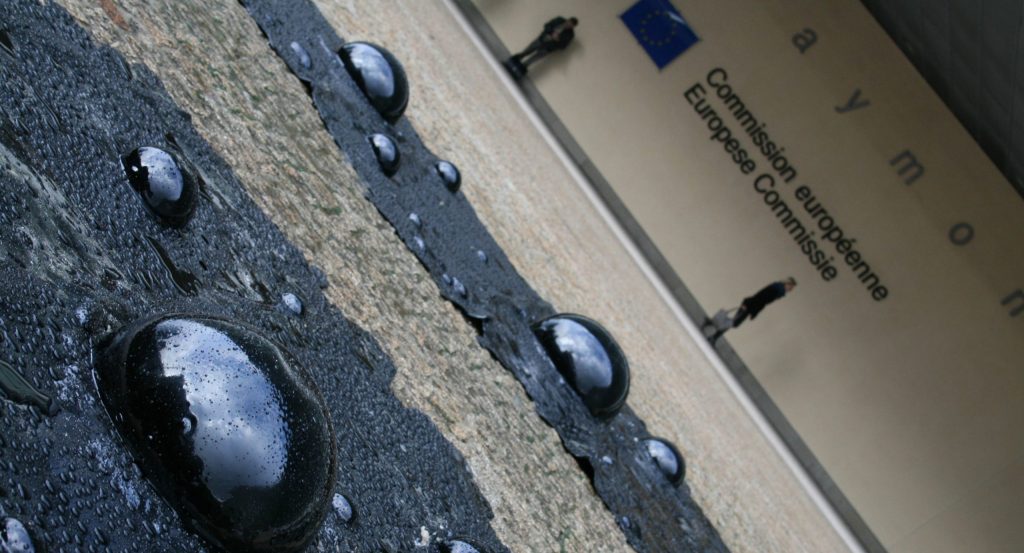Friends of the Earth Europe made a formal complaint to the European Ombudsman today over the European Commission’s apparent maladministration, following repeated failure by the Commission to properly deal with complaints concerning Shell and BP entries in the Commission’s old lobby transparency register.
The Commission not only failed to release documents pertaining to the handling of Friends of the Earth Europe’s complaints about the registration of BP and Shell, but failed to explain how or why they reached their decision for non-disclosure, refusing every attempt we have made to understand how our complaints have been investigated. The Commission reasoned that putting their lobbying budget calculations in the public domain would be prejudicial to the commercial interests of Shell and BP, stating “disclosure would compromise the interest of transparency rather than pursuing it”. The Commission argued that because the register is voluntary, disclosure could discourage other organisations from registering. Not only does this argument provide a very strong reason to support a mandatory lobby register, it also ignores the Commission’s responsibility for the veracity and appropriateness of the declared lobby budgets and methodology for calculating them.
An earlier complaint by Friends of the Earth Europe to the European Ombudsman in a similar case triggered a significant update of the entry of lobby group BusinessEurope in the register. As a result of the ruling, BusinessEurope’s declared lobby budget was multiplied by eight, increasing from € 500,000 to € 4,000,000 in January 2012. The Ombudsman had stated that “the Commission must act with sufficient diligence to ensure that the data contained in the Register is not objectively misleading”. The voluntary nature of the Register should not be used as an excuse to avoid a transparent justification of how such verifications of data are being implemented.
We believe that the Commission’s treatment of the Shell and BP complaints shows its unwillingness to upset the commercial interests of corporate groups whenever concerns are raised about the credibility of the budgets they disclose for lobbying. This contradicts the purpose of the Register, which is to increase transparency about lobbying activities in the EU and provide comprehensive information to citizens. It is the Commission’s own credibility that risks being damaged if the register fails to provide credible information and figures, with the risk that the European public will conclude that the Commission is not serious about transparency.







